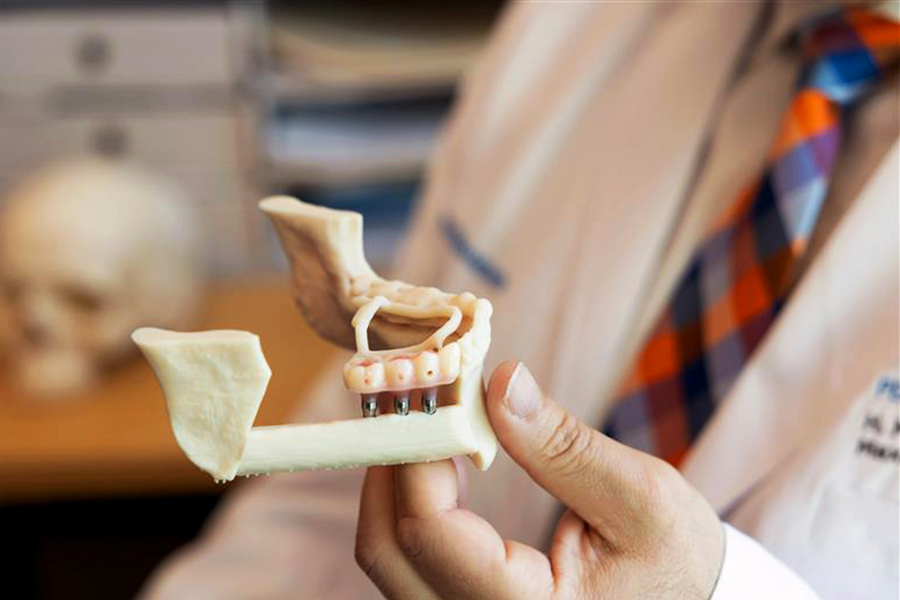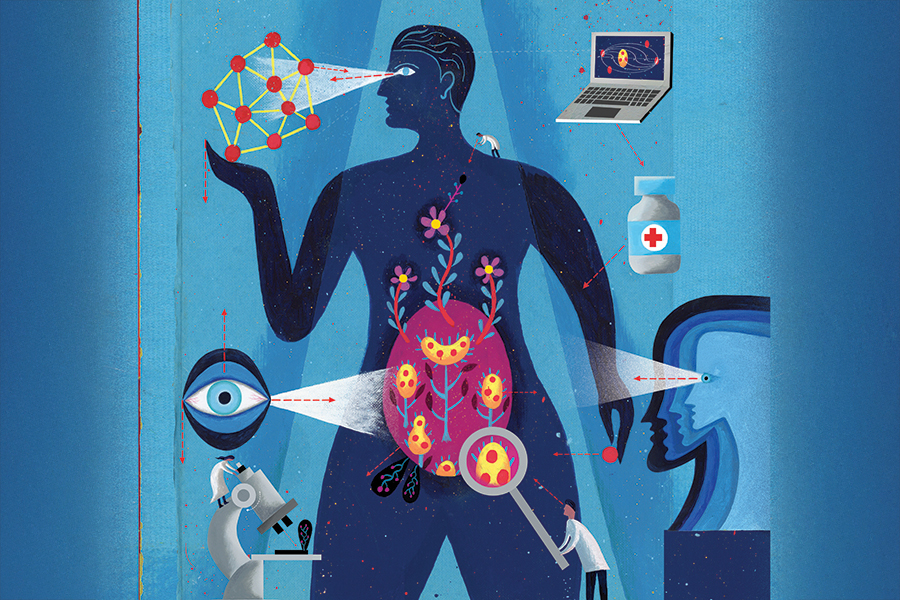May 22, 2023
OAKLAND, Calif., May 10, 2023 – Kaiser Permanente Northern California hospitals are among the top hospitals in the United States for providing parents and their babies with high-quality maternity care, according to Newsweek magazine’s “Best Maternity Hospitals 2023” report.
This is the fourth year Kaiser Permanente Northern California hospitals have been recognized for meeting rigorous standards for maternity care, including low elective early deliveries and for following important protocols to safely protect new parents and their babies.
The 11 Kaiser Permanente hospitals to receive the “Best Maternity Hospitals 2023” designation include Antioch, Fresno, Redwood City, Roseville, San Francisco, San Jose, San Leandro, Santa Clara, Santa Rosa, South Sacramento, and Walnut Creek.
Last year, 43,177 babies were delivered at Kaiser Permanente Northern California hospitals.
“It’s rewarding to see our hospitals being recognized once again for providing exceptional maternity care that puts the health and safety of these new families at the center of everything we do,” said Carrie Owen Plietz, FACHE, president of Kaiser Permanente’s Northern California region. “Our commitment to provide equitable maternity care as well as eliminating disparities in maternal outcomes for our members and the communities we serve is paramount to the care we provide.”
The national designation was awarded to only 384 hospitals in the United States with more than 60 of those in California. Kaiser Permanente has a total of 28 hospitals that received the elite designation — the most of any U.S. health system.
“This recognition is a testament to the clinical expertise and operational excellence of our physicians, nurse-midwives, nurses, and staff who help ensure that we consistently provide new parents and their babies with the personalized care and support they need through every stage of their journey,” said Richard S. Isaacs, MD, FACS, chief executive officer and executive director of The Permanente Medical Group.
Kaiser Permanente Northern California has a long-standing commitment toward improving maternal health and the maternity care experience for our patients and members.
The Centers for Disease Control and Prevention released data in March 2023 highlighting significant increases in maternal mortality rates during the COVID-19 pandemic. In 2021, over 1,000 pregnant people in the United States died of pregnancy related causes, a 40% increase in maternal mortality since 2020 and a 60% increase over 2019. To address these concerns, Kaiser Permanente Northern California hospitals have a Perinatal Patient Safety Program dedicated to eliminating preventable maternal morbidity and mortality through implementation of safety initiatives for hemorrhage, hypertension, and other evidence-based measures.
Pregnant people in the United States are also much more likely to experience complications during pregnancy and childbirth that cause injury or death than people in in other developed countries. That’s especially true for Black people, who are 3 times more likely to die from pregnancy-related causes than white people. Many of these deaths are linked to inadequate health care quality or access due to poverty or racial bias.
Kaiser Permanente Northern California hospitals are committed to addressing racial disparities in health outcomes by examining data, identifying performance opportunities, and implementing bias training for all providers and staff.
In addition, we are working to address these issues by providing comprehensive prenatal care that helps lower the risk of complications. If pregnant patients have a high-risk pregnancy or a chronic condition such as high blood pressure, we tailor their care to reduce risks.
As part of our commitment to the total health of our members and communities, Kaiser Permanente encourages breastfeeding whenever possible, and we structure our programs and staff education to actively support this effort.
Regular screenings for prenatal and postpartum depression are part of each individual’s care plan, and we connect new families who are struggling with the care and support they need.






